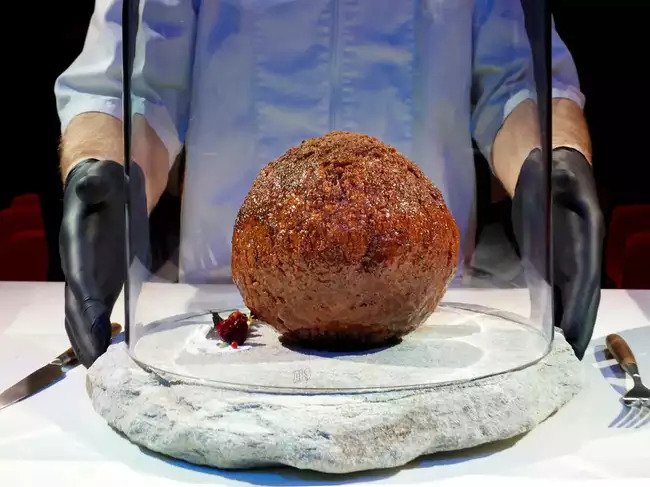Novel proteins, smart foods, and mammoth meatballs: Alternatives meats in Singapore and Australia

In November 2020, Singapore became the first country to approve the consumption of lab-grown meats. As a country that imports 90% of its food, the city state sees lab-grown proteins as a critical contributor to its future food security. Cell-based meats also fit into itself as a “smart city,” making critical contributions, it is imagined, to the nation’s technological and economic development. In Australia, by contrast, it is not yet legal to sell lab-grown meats to consumers. Agriculturally produced meat products are a significant part of the national economy and culture. Nevertheless, in March 2023, the Sydney-based company Vow unveiled a “mammoth meatball” – a giant meatball made from lab-grown meat containing mammoth genes.
This talk examines the emergence and development of cell-based (or lab-grown) proteins in these two very different contexts of Singapore and Australia. What does the development of “smart foods” and mammoth meatballs signify for the futures of protein production and consumption?
Hallam Stevens is Professor of Interdisciplinary Studies at James Cook University in Townsville. His research is focused on the history of biotechnology and the history of information technology. He is the author of Life out of sequence: a data-driven history of bioinformatics (Chicago, 2013), Biotechnology and society: an introduction (Chicago, 2016), and the co-editor of Postgenomics: perspectives on life after the genome (Duke, 2015). He is currently completing an edited volume on food and technology in East Asia. Hallam has held positions at Nanyang Technological University (Singapore), Shenzhen University, the Max Planck Institute for the History of Science (Berlin), and Harvard University.
